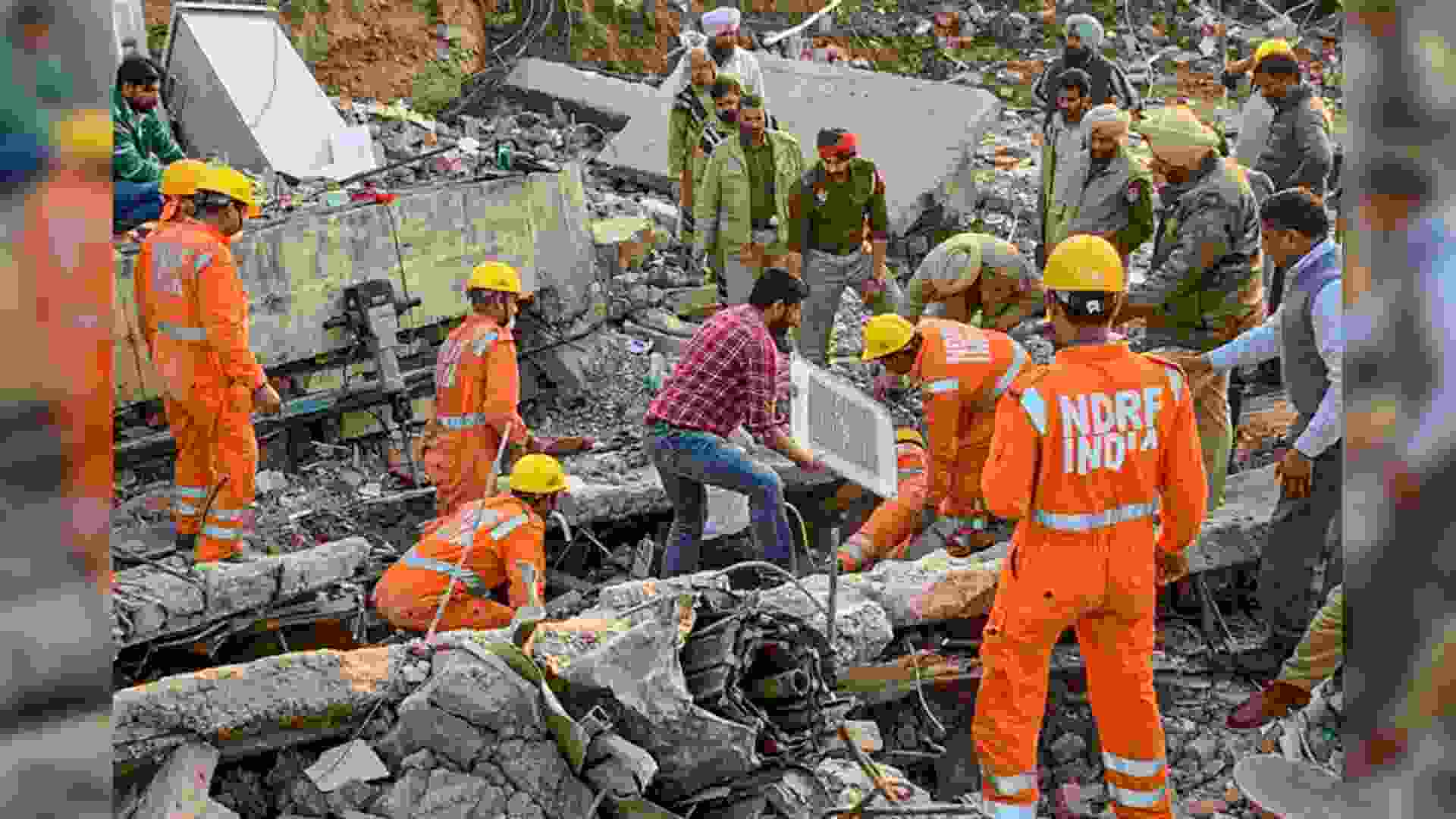In a significant protest, climate activist Sonam Wangchuk and approximately 150 Ladakhi demonstrators are on an indefinite hunger strike today, marking Gandhi Jayanti—a day celebrated for its ideals of peace and democracy. The group, which began their ‘Delhi Chalo Padyatra’ from Leh a month ago, has been detained since Monday night.
Wangchuk and his fellow protestors are advocating for several key demands, including statehood for Ladakh, inclusion under the Sixth Schedule of the Indian Constitution, and the establishment of a public service commission for the region. Their march aimed to bring attention to what they describe as a lack of rights and political representation for the people of Ladakh.
In a statement released early Wednesday, Jigmat Paljor, Coordinator of the Apex Body, expressed outrage over their prolonged detention, claiming it has exceeded the legal limit. “We, the ‘padyatris’, find ourselves in an alarming situation. This detention is illegal as the 24-hour period has elapsed, and we must be produced before a magistrate,” he stated.
The protestors have been kept at various police stations, including the Bawana Police Station, where they report that their phones have been confiscated, leaving them isolated from the outside world. Some members of the group were released after around 24 hours, only to be detained again for attempting to march into central Delhi.
Paljor explained that the group initiated their indefinite fast in solidarity with the principles of non-violence and peace championed by Mahatma Gandhi. “On this significant day, we intended to pay our respects at Gandhi Samadhi, but instead, we find our rights trampled upon,” he lamented.
The activists’ march was organized by the Leh Apex Body (LAB) in conjunction with the Kargil Democratic Alliance (KDA), who have been leading protests for the past four years to demand greater autonomy and rights for Ladakh. Wangchuk and his fellow activists remain committed to their cause despite the current challenges they face, calling for solidarity from the public to stand against what they perceive as unjust treatment.
The situation highlights ongoing tensions in the region, as the group insists that their peaceful protest is a vital expression of their rights and aspirations for a better future for Ladakh.







